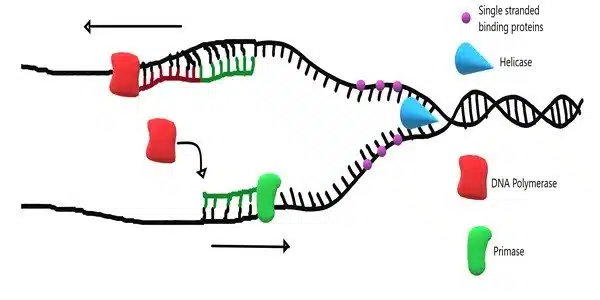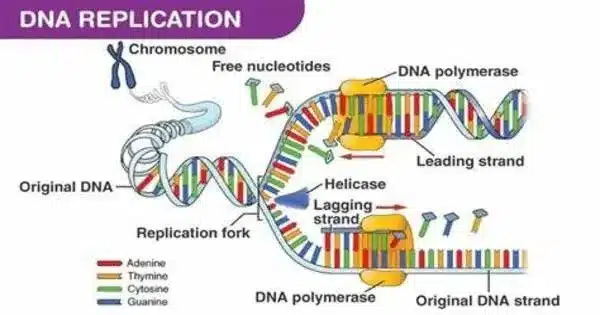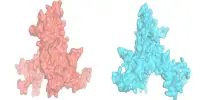Scientists discovered how DnaA, the master key to DNA replication, promotes bacterial growth. This breakthrough paves the possibility for new antibiotics to address the rising wave of antibacterial resistance.
In a groundbreaking discovery published in Nature Communications, scientists from Queen Mary University of London, in collaboration with researchers from Newcastle University and The Francis Crick Institute, have uncovered the intricate mechanism by which DnaA, the master initiator of DNA replication in bacteria, specifically opens replication origins, the gateways to DNA duplication. This fundamental knowledge offers light on the critical process that drives the growth and reproduction of almost all bacterial cells.
This key single DNA strand capture is the critical step that allows DnaA to pry open the DNA duplex, paving the way for the initiation of DNA replication. Our work provides a molecular blueprint for how DnaA orchestrates this crucial step in bacterial replication, a fundamental process that underpins life itself.
Dr. Ilangovan
Dr. Aravindan Ilangovan, Reader in Structural Biology, and his team at Queen Mary’s School of Biological and Behavioural Sciences used cryo-electron microscopy to reveal the molecular dance of DnaA at the replication origin in detail, down to near-atomic resolution. Their findings uncover a previously unreported dinucleotide binding region within the DnaA oligomer, where two bases of a repeating DnaA-trio sequence strongly engage, allowing for the capture of a single DNA strand.
“This key single DNA strand capture is the critical step that allows DnaA to pry open the DNA duplex, paving the way for the initiation of DNA replication,” explained Dr Ilangovan. “Our work provides a molecular blueprint for how DnaA orchestrates this crucial step in bacterial replication, a fundamental process that underpins life itself.”

The findings of this study contribute to a better knowledge of DNA replication and have therapeutic implications. Researchers could create novel techniques for dealing with untreatable bacterial infections by focusing on the unique connections between DnaA and the replication origin. Antibiotic resistance is rising, and innovative antibiotics are urgently needed to combat the current issue.
“This new discovery contributes greatly to our understanding of bacterial replication, a vital function required for life. The novel mechanism we discovered is an appealing target for creating new antibiotics, perhaps leading to innovative treatments for multi-antibiotic-resistant bacterial infections. “We continue to delve deeper into the intricate dance of DNA replication, paving the way for further breakthroughs in understanding bacterial cell biology and combating antibiotic resistance,” says Dr. Ilangovan.















